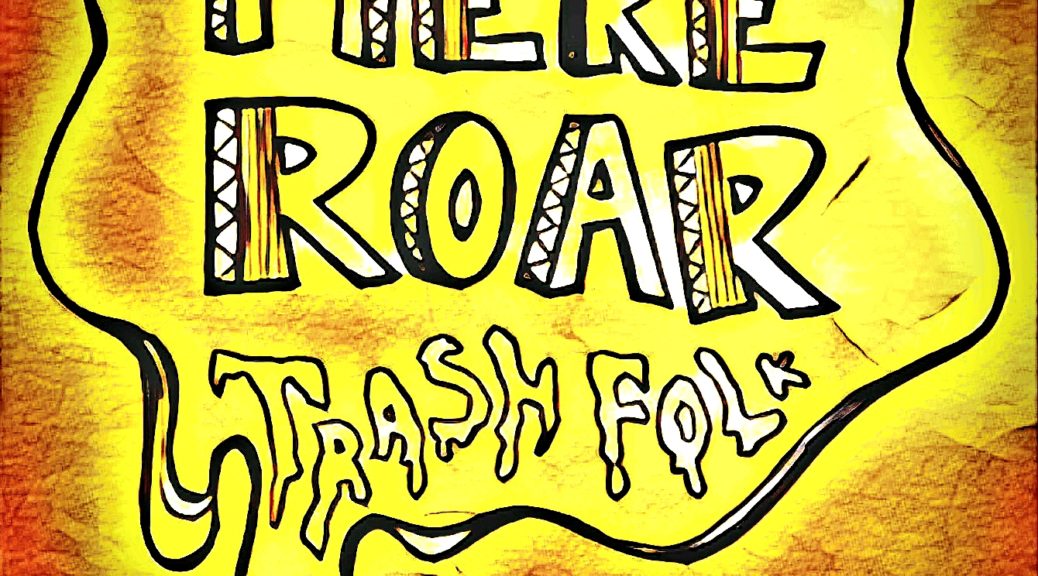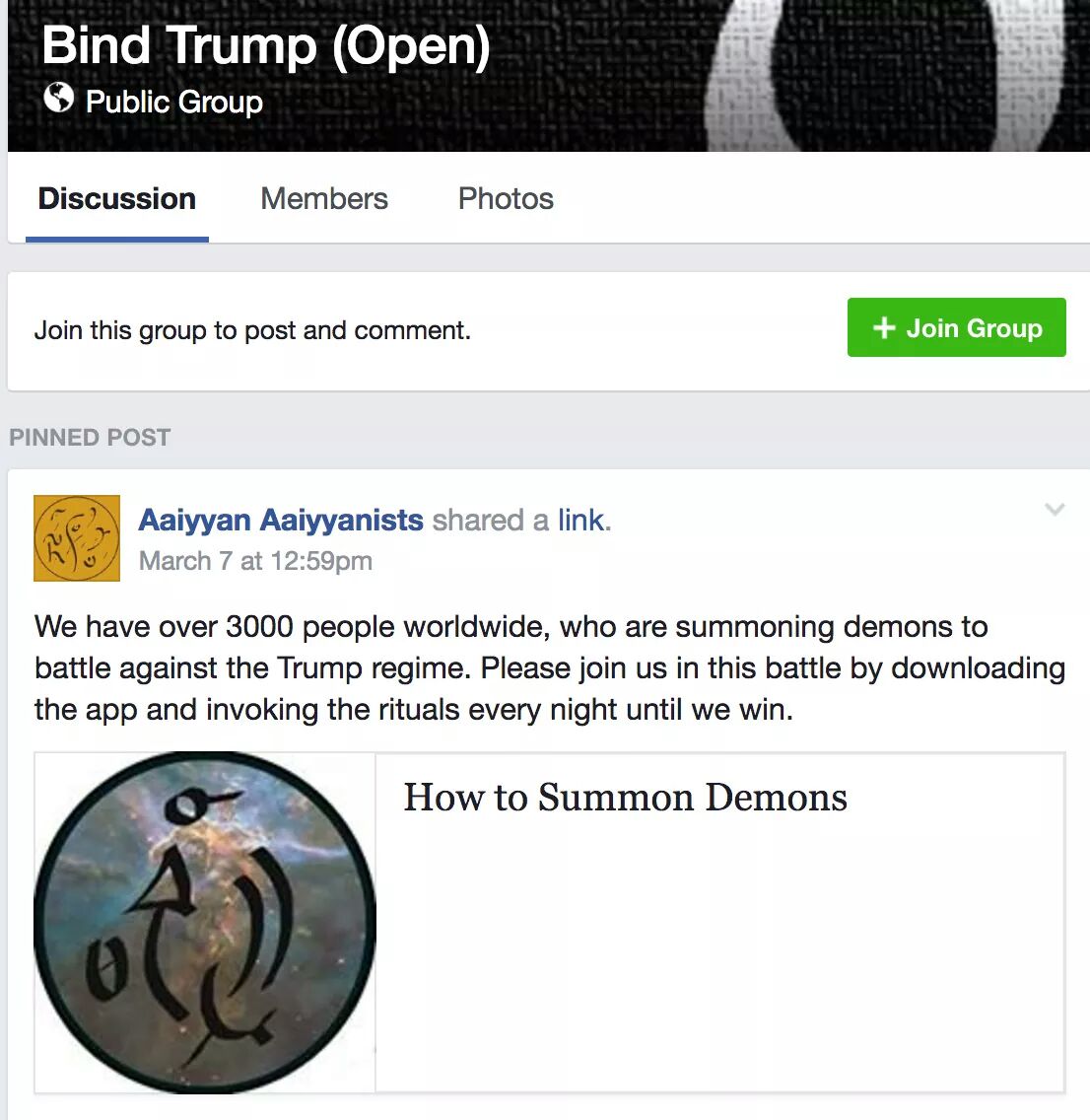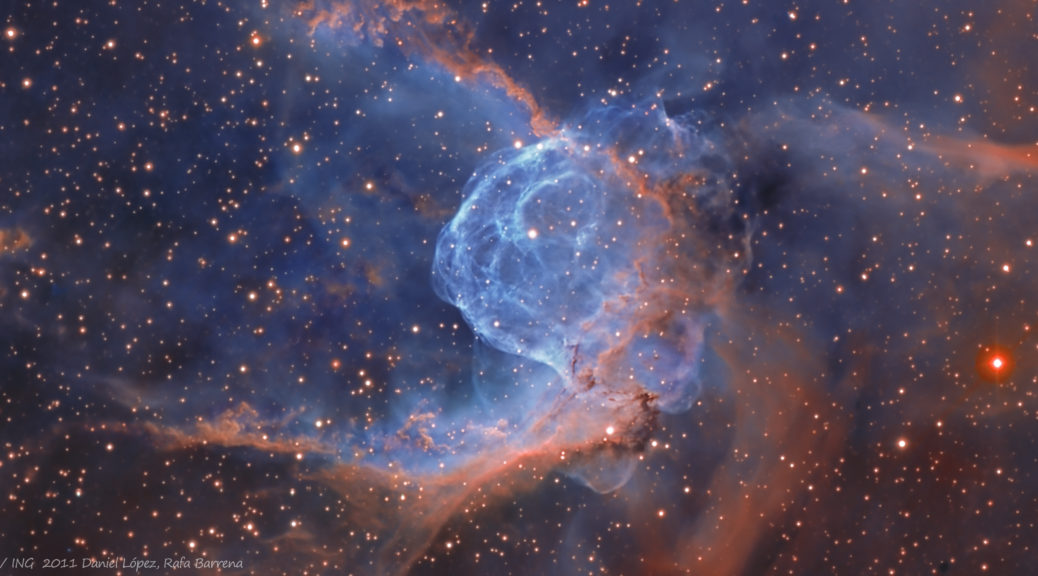Daniel J. Neumann
Professor Myers (Academic Writing)
Project 2
April 28th, 2010
From paper to digits
The United States dropped the Gold Standard with President Nixon, as did the rest of the world. Dollars back all other currencies. Presently, we have “fiat money,” meaning it works because we trust the United States Government. Commercial banks generate money by lending on interest, and the government prints money. The Global Economic Recession (Ger) presents us with a unique opportunity to revamp this credit system. Now that we owe trillions of dollars, we have multiple avenues of change. We could convert all paper and coin money into virtual accounts. This, by itself, will destroy money laundering (which finances the drug trade and terrorist networks), counterfeiting (as long as the firewalls are secure), hyper-inflation (as digits can be adjusted at intervals or written in scientific notation), and threats of theft (with government oversight). This also opens the doors to globalized credit—ending the currency exchange trade—while fostering inter-state commerce. We could anchor this credit to bullion, energy production, or continue the “fiat” system. Some disadvantages would be vulnerability of the global system to computer failure (i.e. a cyber-attack, solar flare, etc.) and we could expect little consumer privacy with all commerce recorded on a centralized grid. Virtual money is bitter-sweet that way.
If the world continues the way it is, some terrible things could happen. Our monetary policy is un-sustainable. “The projected combined Social Security and Medicare deficits and statutory general fund revenues in 2083 equal 9.7 percent of GDP. A similar burden in 2008 would have required all Federal income tax revenues, which also equaled 9.7 percent of GDP” (Social Security and Medicare Boards of Trustees’ 2009 summary report). “The unfunded liabilities are the excess of promised benefits under current law minus revenues from dedicated payroll taxes—or $72 trillion in off-balance-sheet obligations, the bulk of which stems from Medicare” (http://www.aei.org/issue/20844). According the New York Times, our interest rate may spike in accordance: “That sobering assessment, issued Monday by Moody’s Investors Service, provided a reminder that even Aaa-rated United States Treasury bonds, supposedly the safest of safe investments, could be downgraded one day if Washington failed to manage the federal debt” (Jolly, Rampell). Even ignoring the long-term projected cost of Medicare and Social Security, even ignoring amalgamated state debt, the $14 trillion federal debt equals 23% of the world’s monetary supply. Without thinking about taxation increase, entitlement decrease, and the interest to pay on that money, paying off this debt would inflate the world’s economy—or, at the very least, the American dollar. America is like this hopeless consumer who only buys and never sells, signing up for a new credit card to pay off the interest of ten other credit cards. Something has to give.
I hate to be pessimistic, but all signs point to either the United States accepting financial rule by China and corporate banking, or another world war. We could adopt a payment plan, where so much annual GDP goes to debt. If we don’t start that payment plan now, the government may not maintain social safety nets, the justice system, and our current military force. Voters, for whatever reason, rather fight another country—politically speaking. If our leaders care about elections (which we know they do), then they won’t accept any kind of payment option. They’ll rack up the debt until a war erupts. It would probably start off like the Cold War between the U.S. and the U.S.S.R, in proxy battles (think Iran and North Korea instead of Afghanistan and Vietnam). If the arms race never occurs (since both the U.S. and China have enough nukes to redundantly destroy the Earth), then I can’t imagine either of the two nations dissolving on their own. Stalemates only last as long as paranoia is at bay. Eventually, either the U.S. or China would risk a first-strike nuclear attack, even if it meant waiting until the war is almost started or almost over.
Currently, India and China are the largest importers of gold (Lei). The United States has the most gold. This trend suggests that the East will likely ally under a single, bullion-based credit system.
The United States could make some profit by selling its gold to the East. We may further decrease our debt by adopting a flat wealth or fair consumption tax (one tax number per person, not dependent on income), increasing efficiency (by dismantling agencies like the IRS, Homeland Security, etc.), paying as we go, and selling debt bonds. The government needs to invest in alternative energy sources that generate no profit revenue. Alternative energy promises an infinite source of power (which would foster economic growth, since energy bills would decrease). If we still owe money to the public (since social security benefits paid for two wars), private industry (like J.P. Morgan), or governments (like Japan or China), we may print as many dollars as needed. This would devalue the dollar through hyper-inflation. A Big Mac may cost well over a million dollars. This serves to neutralize all debt and reinforce the urgency to change our monetary model.
The western hemisphere, on energy-based credit, might polarize the eastern, gold-based credit system, but they should be able to trade. If not, energy-based credit clearly has more sustainability potential than the bullion-anchored model. In time, I feel, everyone would demand the privileges afforded with endless money.
Anchoring our money to annual kilowatt-hour (or kilojoules) production would change the game considerably. An economy is the efficient allocation of a limited amount of resources for an unlimited amount of wants and needs. In other words, capitalism is predicated on scarcity, with competition as the solution (like Darwin’s survival of the fittest). Once fossil fuels run out (or we grow an environmental conscience), alternative energy is a no-brainer (as long as you’re okay with not selling it). The sun, tidal waves, wind, fission, and the heat of our planetary core never run out. Therefore, energy-based money (when not suited to fossil fuels) will never run out. Expressing this arbitrary value as a virtual number, then, will not devalue, but only increase in value as technology advances. As energy has the practical use of doing work, we could have our cake and eat it at the same time. If there is too much energy versus scarcer resources, you can adjust all credit accounts simultaneously, via a comptroller. Money, if so flexible, could match anything. It would be endless like “fiat” money, yet tied to the lowest denominator if needed. Now the problem becomes how you decide to distribute this eternal money flow in a fair way.
Conglomerated corporations work within an oligopoly (they don’t compete). Multi-national banks (like J.P. Morgan) use a fraction of their client’s deposits to lend out on interest. The government prints money to loan to the “too big to fail” corporations. This constructed money goes to a powerful, wealthy minority, yet increases inflation for the perpetually weaker majority. Our government incentivizes apathy and military service. We only get free (higher) education if we join the military. American citizens get to “elect” one of two parties (making it all too easy for lobbyists to buy them out): Republican or Democrat, Coca-Cola or Pepsi.
Ditching physical receipts fixes part of the problem. Electronic money could be manipulated by a super-computer or a panel of experts, monitoring it through a centralized system. The agency overseeing and tinkering with virtual money catches embezzlement, counterfeiting, and any thievery at the scene of the crime. Vulnerability, of course, increases because of consolidation. A solar flare, a team of hackers, or any power-outage could wipe out all commerce, instantly. Furthermore, we better trust who turns the dials of this system.
“Either the government will know everything, or the government will only know what is voluntarily revealed… The danger is very real… Advocates of liberty will by necessity need to be involved with tax reform” (Rahn 84-89). Tax evasion, money laundering, and crimes against the state could be intercepted by recording all financial transactions. Before screaming “Big Brother,” consider the real benefits of this oppressive system: The country is in debt. The U.S. needs all the taxes it can get. This would certainly approve efficiency, and, thus, revenue. Terrorists use drug money to finance their war on us. We could freeze their accounts with a click of a mouse. Anyone who stole from you could be found, recovering your lost money. Of course, there’s another side. Privacy loses its relevance in a world with no secrets. Corporations could align their products to precise consumer demographics with data predicting preference trends. Governments could pinpoint every political dissident, wipe clean their income, and throw them in jail. And let’s not forget the vulnerability of any centralized system. One well-placed bomb, one inconvenient solar flare, one malicious computer programmer could cause the collapse of our civilization’s life-blood: our unit of account for trade.
The key principle to make this work depends on the decision-makers. Digital currency is like a nuclear weapon. I’d hate to see it in the hands of an elitist minority. For society to mature into an era without hunger, social hierarchy, or mass conflict, power needs to be redistributed homogenously. Think of entropy. If you add a cup of boiling water to a bath of cold water, the energy tends to even out. The bath turns Luke-warm. Right now, power consolidates. That’s a bad thing. That counters nature. I believe in true democracy.
I’ve coined the term “Libracracy” because “libra” means library in Latin and “acracy” denotes a form of governance. It also sounds like “liberal” or “libertarian,” which coincides with the intention. It comes from a reconciliation I’ve always pondered: How can I make libertarianism and socialism get along? My answer is to decentralize all power: leave it up to the majority. “But the majority is too stupid!” Plato would say. That’s where socialism comes into play. If we pooled our resources (taxed ourselves), we could provide egalitarian programs like free education and healthcare. We could then leave all the decisions up to the educated majority. Spokespeople, petitions by citizens, and/or a super-computer may guide this process. Capitalism and socialism ought to marry. Capitalism only works for as long as there’s healthy competition benefiting the consumer. Power, though, consolidates (including industrial power). Justice (a socialist idea, by the way) could break up industry ownership into smaller parts, reconcile individual disputes in legal matters (referencing personal law codes first, precedents second), and even check itself to decrease any possibility for corruption. The idea is based on trinities: 3 courts (Legal, Industrial, Intra-Judicial), 3 credits (education, political, trade), 3 essential negative human rights (life, liberty, happiness), 3 positive human rights (education, health, justice), 3 group human rights (cultural sovereignty, anti-oppression of minorities, the separation of church and state), and 3 political ideologies (Capitalism, Socialism, Democracy). I don’t think the idea is finished, and I certainly don’t think I began the idea. It needs to grow. Generations of thought makes for some dark fertilizer. History shows that at these economic junctures (when the world runs out of money), it typically gets bloody. If only we learned from our mistakes, we could seize this time as an opportunity to get things right.
Imagine a world where education is free. Anybody can learn. If you stay in school long enough, you can earn citizenship. Forget a driver’s license as your right-of-passage! If you earn citizenship, you can write your own legal code (assigning value to your own body/property, ending crimes against the state). You can cash in on all that learning, too. Education credit transfers to your trade credit account (at a feasible exchange rate). Let’s say you majored in horticulture and professional writing at this Libracratic School. After earning citizenship, you could vote on issues pertaining to agriculture and some education policies. Let’s say you also want to vote on foreign policy. You could go back to school, learn what’s needed, and as long as you pass the expertise examination, you may vote on this issue as well. Every time you vote, you earn political credit. This, too, can be transferred to your trade account (at a feasible exchange rate). Are you starting to see the big picture? We could generate an educated majority, make direct-democracy work, and form a new kind of intellectual labor. Automation makes human labor obsolete every day. How will people make money when a machine can do it faster, better, and for a cheaper price? At the same time, we can end the madness of borrowing money. You see, there’s a catch to all this borrowing. The lender charges interest. Today, people are in debt because they need a college degree to earn a middle-class wage, but education costs money. Lending-on-interest locks us to a monetary class. What we have now is a system that makes the rich richer, the poor poorer, and the divide lengthens. To me, it’s like we’re constipated. Why can’t we think of something better?
“The annual benefit from the implementation of a Single Global Currency has been estimated conservatively here to be $670 billion. Also predicted is a one-time $36 trillion increase in worldwide asset values, together with a one-time associated GDP increase of $9 trillion. Every year of delay will postpone those savings, plus the achievement of the other substantial benefits…” (Bonpasse 232). According to the World Bank, world GDP is 60.5 trillion, if measured in U.S. dollars. In other words, if we consolidated all currencies to one, the money supply would jump by nearly 75%. If the future currency was physical (printed or minted), then this would devalue money, increasing inflation. If the future is digital, liquidity might naturally align with resource scarcity—though it could be adjusted in either case. Getting from 147 units of account to 1 may take time, however. It seems more likely that first the world would adopt seven currencies, predicating national consolidation. George Orwell had it right. Power does centralize, starting with plurality to oligarchy to a monarchy. As the parts become fewer, the whole becomes greater, in terms of government and industry.
A single global currency typically entails a single global government. No political system in use today should ever have that much power. Communism, representative democracies, theocracies, etc.—they all centralize power the same way. In the past, states had to delegate decision-making to a unitary source. They didn’t have cell-phones, e-mail, or television. Information traveled as fast as transportation. Now it’s the cosmic speed limit: the rate of light. There’s no reason to elect a few decision-brokers anymore. There’s no reason to let a few large companies dominate an industry. In fact, we ought to decentralize as much power as feasible. Courts should break up ownership to maintain capitalism. Citizens should rally for evolutionary reform that dismantles the legislative and executive branches of government. A change this dramatic cannot happen overnight. It will likely take generations over centuries to mature enough. This Libracracy idea would increase income for middle-class Americans if only applied to the United States. If we ever let in the 95% of the world that isn’t rich, then the quality of life for Americans would downgrade. It’s like balancing out an equation. We’re too self-interested, as it stands.
There’s no other choice than virtual money. The only thing to change is the government, and its role regulating this money. We could pass a law to make all transactions anonymous, but this would increase the problem of money laundering, tax evasion, etc. We could adopt a flat wealth tax or fair consumption tax to decrease the role of the government (and the intricacies of bureaucracy and refunding). We could elect, directly, the oversight of such a virtual, monetary system, and demand the utmost security of it. We could have oversight of the oversight by more agencies, and people could hold petition-power to impeach or hold a new election. The temptation for corruption is overwhelming. Who do you give the power to see everything that everybody ever purchases, sells, deposits, or withdraws? Maybe we could give this burden to no one, or, more specifically, to a super-computer with constant human oversight. It sounds like a preamble to the Terminator Series, but bear with me. Leaving alone the question of should a group of people monitor all transactions and adjust the monetary supply to counter inflation, deflation, and scarcity of resources, could they? Is it even possible with that much data to make educated decisions without bias? A computer, however, could have (changeable) parameters to flag suspicious economic activity and wealth distribution. Gone are the days of taxation, then. You could simply add more to lower-class accounts, take away some from upper-class accounts, and generate more money out of the ether for governmental expenses. Taxation could go from being transparent to invisible. Relativistic economic disparity between earners, then, would become something I’ve coined as “e-flation,” or the varying differential from the wealthiest to the poorest. Digital money could constantly redistribute wealth to maintain a continuous middle-class, or at least raise the poverty level above the condition of starvation.
It’s a hard thing to ask anyone to contemplate electronic credit as a universal medium of exchange without any physical receipts. With this growing debt, however, the United States is heading towards hyper-inflation sometime in the future. Look at Germany after World War I or Greece after the Global Economic Recession. A change is coming. The state will pitch it as safer, but it’ll be more susceptible to attack. They’ll say it’ll decrease taxes, but they could use this same system to generate more money without taxation. They’ll say it’ll stop crime, but they’ll leave out the injustice they’ll serve you by invading your privacy. I’m against digital money in the context of modern politics, but I know it’s inevitable, and—honestly—has already begun. If you’re reading this essay thinking that Libracracy cannot work (or will not, since the powers-to-be wouldn’t hand over the throne), then let this be a warning to you: Someday, money will be zeros and ones. Someday, with a keystroke, your commerce will strip naked for the government.
Bibliography
Bonpasse, Morrison. The Single Global Currency: Common Cents for the World . 2006 ed.
Newcastle, Maine: Single Global Currency Association, 2006. Print.
Dorn, James A., et al. The Future of Money in the Information Age . Ed. James A. Dorn.
Washington, D.C.: Cato Institute, 1997. Print.
Douthwaite, Richard. The Ecology of Money . Illus. Rick Lawrence. 2009 ed. 1999. Foxhole,
Dartington, UK : Green Books Ltd., 2009. Print.
Hubbard, R. Glenn. “The Social Security and Medicare Morass.” American Enterprise
Institute for Public Policy Research. AEI, Inc., n.d. Web. 14 Apr. 2010.
<http://www.aei.org/issue/20844>.
Jolly, David, and Catherine Rampell. “Moody’s Says U.S. Debt Could Test Triple-A
Rating.” The New York Times. New York Times Corporation, n.d.
Web. 14 Apr. 2010.
<http://www.nytimes.com/2010/03/16/business/global/16rating.html>.
Geithner, Timothy F., et al. “Status of the Social Security and Medicare Programs.”
Actuarial Publications. United States Government, n.d. Web. 14 Apr. 2010.
<http://www.ssa.gov/OACT/TRSUM/index.html>.
Fresco, Jacque. “The Venus Project.” The Venus Project. The Venus Project, n.d. Web. 14
Apr. 2010. <http://www.thevenusproject.com/>.
Marx, Karl. “Manifesto of the Communist Party.” The Australian National University.
Ed. Frederick Engels. International Alliance of Research Universities, n.d. Web. 14
Apr. 2010. <http://www.anu.edu.au/polsci/marx/classics/manifesto.html>.
Lei, Tu. “Expert: China may import more gold.” China Daily. China Daily Information
Company, n.d. Web. 19 Apr. 2010. <http://www.chinadaily.com.cn/bizchina/2007-
10/22/content_6197010.htm>.
Scheherazade, Rehman S. “The Obama Administration and the U.S. Financial Crisis.”
Global Economy Journal 10.1 (2010): n. pag. Abstract. Web. 19 Apr. 2010.
<http://www.bepress.com/gej/vol10/iss1/6 >.
Conway, Patrick. “Monetary and Exchange Rate Policy Reforms.” Poverty and Social
Impact Analysis. The World Bank, n.d. Web. 19 Apr. 2010.
<http://web.worldbank.org/WBSITE/EXTERNAL/TOPICS/EXTPOVERTY/
EXTPSIA/0,,contentMDK:20503367~isCURL:Y~menuPK:1107994~
pagePK:210058~piPK:210062~theSitePK:490130,00.html>.












